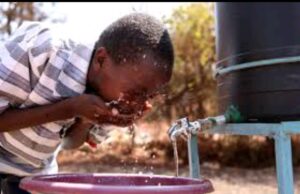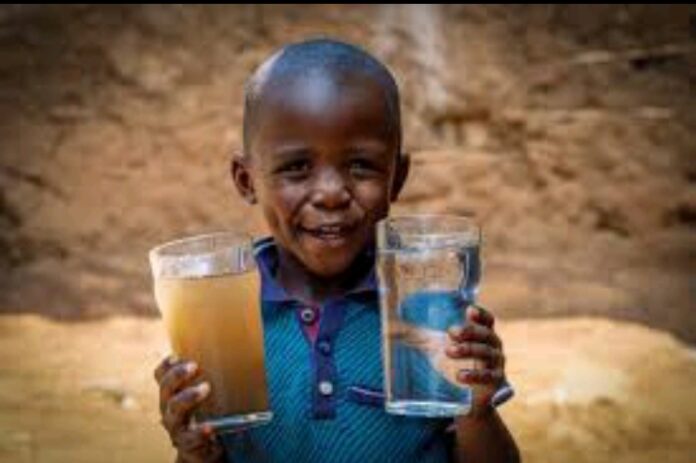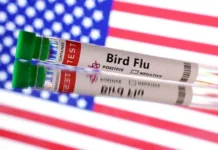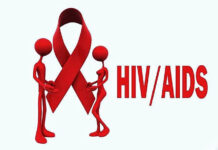Water is vital for life, but in Nigeria, getting clean and safe water is a big problem, affecting health through diseases like cholera.
Cholera is a serious illness which spreads by drinking or eating contaminated water or food. Outbreaks in Nigeria happen often, especially during the rainy season when floods contaminate water sources.
The main reasons are poor sanitation, lack of clean water, crowded living conditions, and weak health services.
Cholera’s health impacts are severe. Symptoms include watery diarrhea, vomiting, and muscle cramps, leading to rapid dehydration and death if not treated quickly. Children and the elderly are particularly at risk.
To fight cholera, Nigeria focuses on improving water, sanitation, and hygiene (WASH).

Key actions include providing safe drinking water, building and maintaining toilets, educating people on hygiene practices, using oral cholera vaccines in high-risk areas, and enhancing health systems to respond to outbreaks.
Improving access to clean water and sanitation, along with good health education and infrastructure, is essential to prevent cholera and other water-related diseases in Nigeria.
Collaboration between the government, non-governmental organizations, and communities is crucial for a healthier future for all Nigerians.




